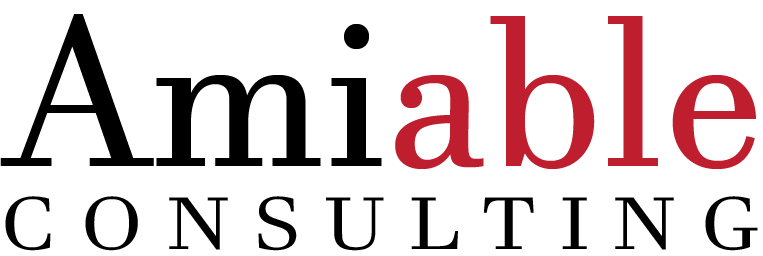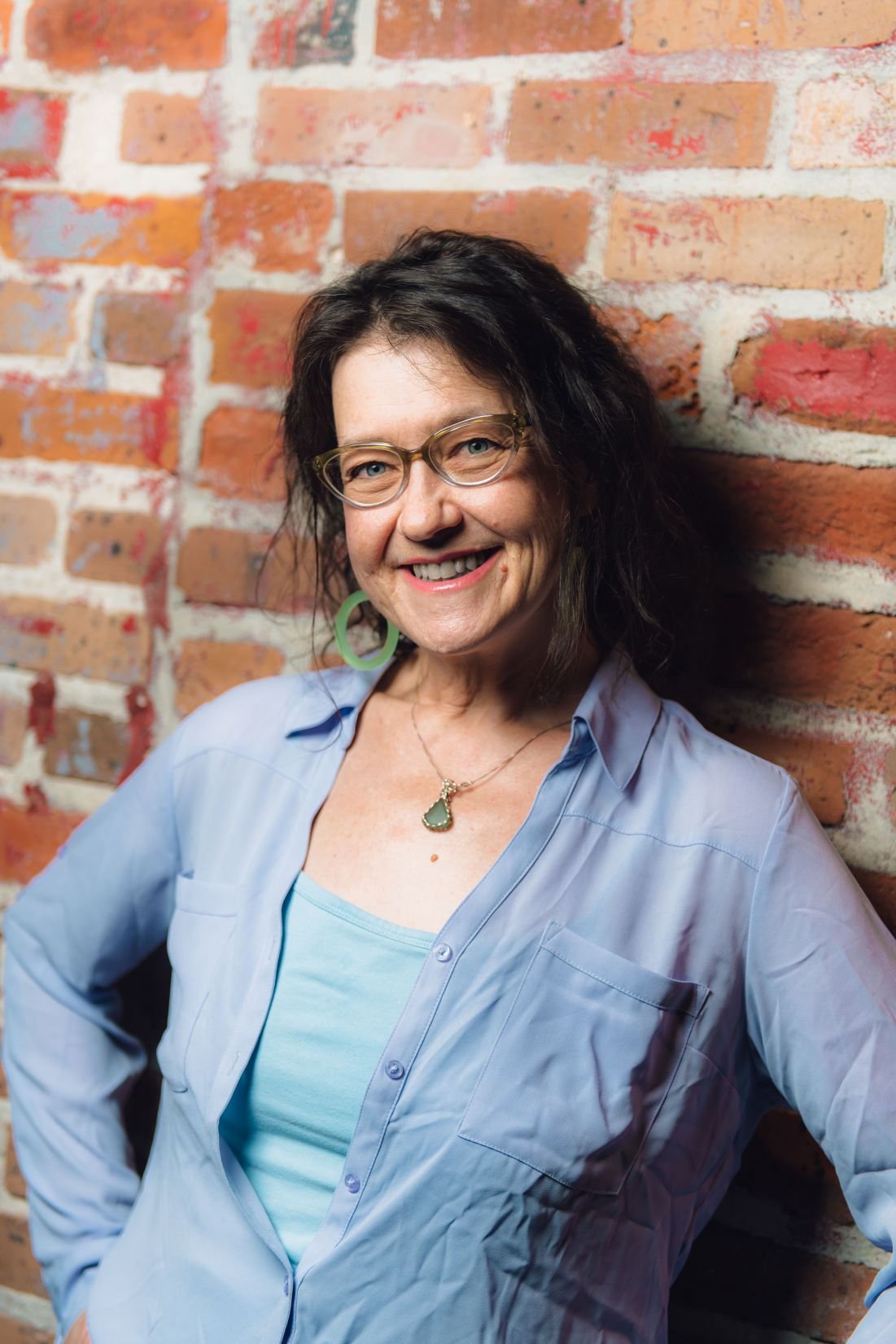Amy Myrbo
Amy Myrbo is the Owner of Amiable Consulting. She has 15 years of experience working on diversity and equity; has helped faculty develop NSF Broader Impacts plans since 2014, and been a full-time proposal development professional and evaluator since 2019. Before starting Amiable Consulting she spent 17 years helping build and operate NSF-funded multi-user facilities for lake sediment research at the University of Minnesota, and served as a Director of Outreach, Diversity, and Education from 2014-2019.
Trainings
Meet the Course Leads
Shirley Jackson
Consultant Shirley Jackson is a geoscience adjunct faculty at York College, City University of New York. She is a life-long staunch advocate for many marginalized groups. She has expertise and life experience in the intersectionality of ableism, racism, ageism, and sexism. She has considerable experience in the development of inclusive and diverse working and learning environments. Currently she serves on the Executive Board of Directors of the Association for Women Geoscientists, the Steering Committee of the GeoASCEND RCN, and the AGI-DEI Intersociety Committee. Ms. Jackson has significant expertise in organizing events, facilitating and moderating panel discussions and workshops, and public speaking.
Cheryl Manning
Cheryl Manning is a Ph.D. candidate in Geoscience Education at Northern Illinois University. She is an Albert Einstein Distinguished Educator Fellow at NSF-GEO, the Past-President of the National Earth Science Teachers Association. She has 25 years as a secondary STEM teacher and 17 years of science education consultant serving on advisory boards, facilitating workshops and webinars, and curating, reviewing, and creating curriculum.
Are you worried about the Broader Impacts in your next NSF proposal? That’s OK - everyone is. With our tips and guidance, your Broader Impacts can be rated Excellent! In this webinar we discuss the vast variety of potential Broader Impacts activities and how to develop Broader Impacts that fit your team, values, and budget. We cover diversity and equity / DEI / BAJEDI (belonging, accessibility, justice, equity, diversity, and inclusion), Geoscience Learning Ecosystems (GLEs), outreach (informal education), K-16 (formal) education and working with educators, community engagement, building relationships, collaborations and their challenges, evaluation and assessment, and more. Plus FAQs, misconceptions, and NSF’s hidden guidance.
In-Person Trainings
Join us at GSA Connects for Short Course #522
Building Better Broader Impacts (and Evaluation) for NSF Grant Proposals
Have reviewers ever criticized the Broader Impacts section of your NSF proposal as “parachute,” “bumblebee,” “standard,” “too ambitious,” or “grossly underfunded”? Do you wonder how to choose between all the different possible activities that qualify as Broader Impacts? How many different activities do you need? How do you write a Broader Impacts plan if your science is kind of esoteric and not as exciting to kids and the general public as dinosaurs or volcanoes? Can you create meaningful Broader Impacts if you don’t have training in science communication, K–12 education, or diversity and equity? How much of your budget—and how much of the text—should you devote to Broader Impacts? And what about evaluation and assessment? What does it entail, who can do it, and how much should it cost? This short course will demystify the NSF Broader Impacts criterion specifically for geoscientists. You’ll leave with concrete strategies to develop your own appropriately sized program of meaningful Broader Impacts for your next proposal— and for all of your proposals down the road. We will also discuss evaluation and assessment for both the Broader Impacts and Intellectual Merit aspects of NSF proposals.





